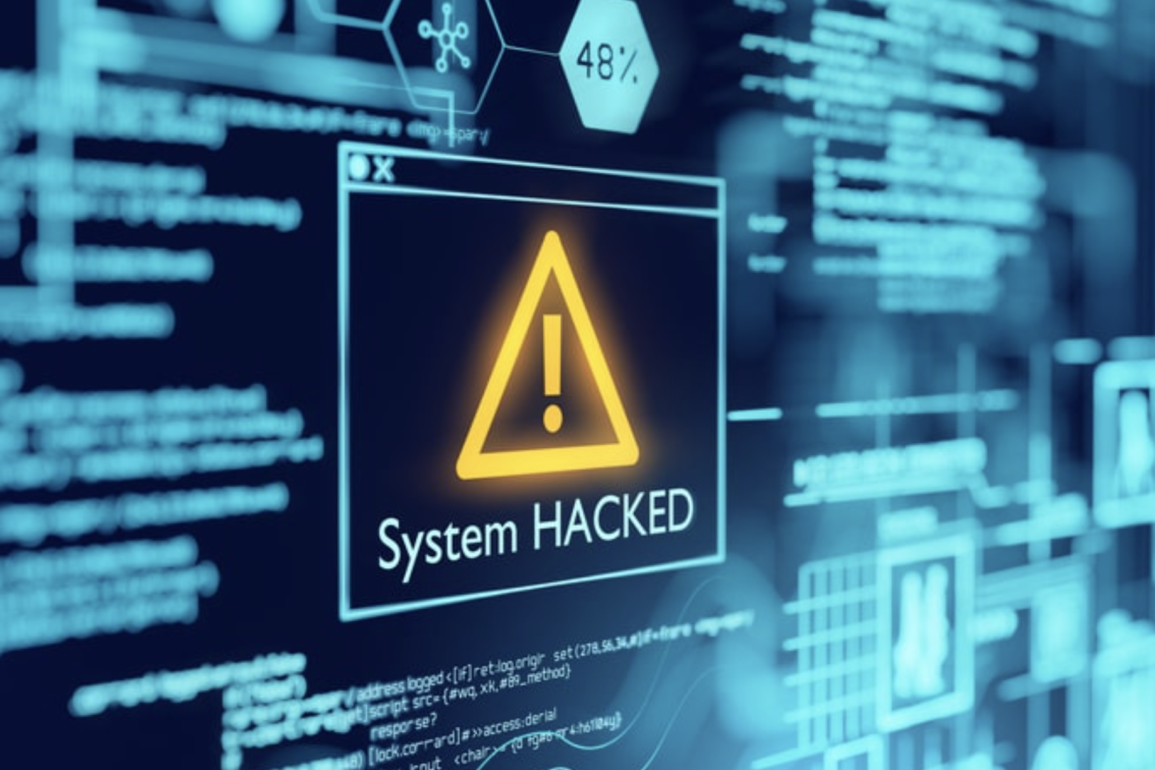As the world’s spotlight remains trained on high-profile cyberattacks in North America and Europe, a silent but dangerous crisis is escalating in Africa.
The widespread misconception that African markets are too small or irrelevant to attract cybercriminals has created a dangerous blind spot, leaving businesses, governments, and networks vulnerable. This neglect has turned the continent into a prime testing ground for sophisticated, often experimental cyber threats.
In 2024, just nine out of 44 African countries ranked in the top two tiers of the International Telecommunication Union’s Global Cybersecurity Index—a glaring gap that signals how fragile the digital defense landscape remains. These top-tier countries include Egypt, Mauritius, Ghana, Kenya, Rwanda, Morocco, South Africa, and Zambia.
“Unlike developed nations, Africa hasn’t had the luxury of slow, steady infrastructure growth. For a long time, our resources fuelled Western development, while our own progress was left behind,” explains Allan Juma, Cyber Security Engineer at ESET East Africa. “Out of necessity, and because of globalization, we’ve had to adopt new technologies quickly – sometimes without the chance to fully understand or secure them. It’s no surprise that we’re now facing some of the world’s toughest online threats. The very technologies meant to help us have, in some ways, opened the door to even more cyber exploitation.”
This rapid technological leap, combined with weak cybersecurity readiness, is Africa’s Achilles’ heel. The continent has become a low-risk playground for cybercriminals seeking maximum impact with little resistance.
“Today’s cybercriminals are operating with more sophistication than ever before. The rise of generative AI is making things even more challenging, fuelling the spread of misinformation, convincing phishing scams and large-scale malware attacks,” says Juma. “Much of this surge is closely linked to the growing presence of ransomware-as-a-service (RaaS) operations right here in Africa.”
Groups like FunkSec, responsible for at least 10 confirmed ransomware incidents worldwide—including several in Africa—use AI-powered malware to craft and enhance ransomware rapidly. This enables even low-skilled hackers to launch subtle, hard-to-detect attacks. Cybercrime has become a scalable, devastating business threatening everything from corporate reputations to personal finances.
“This is where Africa’s risks really start to pile up. Our digital world is growing fast, but too often we’re not investing enough in cybersecurity or training the people who can keep us safe,” warns Juma. “It’s like leaving the front door wide open, inviting all kinds of attacks from random opportunists to highly skilled hackers targeting key systems. If we want to turn this around, cybersecurity must become a top priority for governments, businesses, and everyone in between.”
Detecting the danger is only the first step. Africa needs a fundamental shift—from a reactive approach to one that anticipates and thwarts threats ahead of time. By embracing proactive continent-wide strategies, including strong regulatory frameworks and cross-border threat intelligence sharing, Africa can not only defend its digital future but also lead other emerging economies confronting similar cyber challenges.




